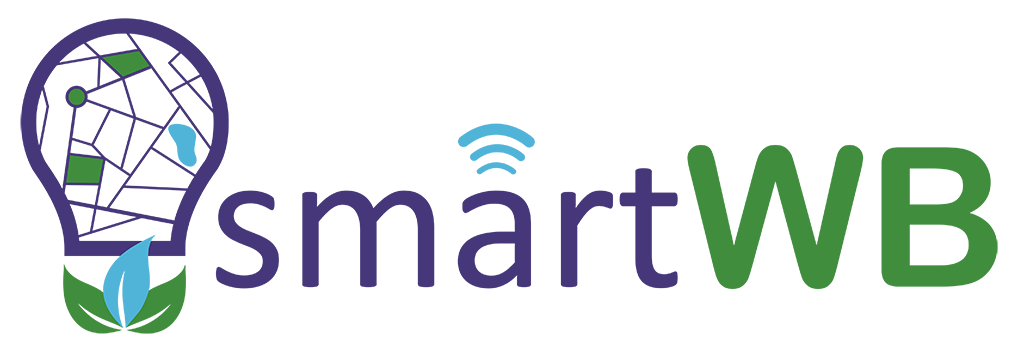The University of Applied Sciences and Arts Ostwestfalen-Lippe (Technische Hochschule Ostwestfalen-Lippe (TH OWL)) is an important part of the dynamic scientific and economic region Ostwestfalen-Lippe (OWL). With around 6,200 students, 176 professorships, over 550 employees and a third-party funding volume of more than sixteen million euros, the TH OWL is one of the strongest research universities of applied sciences in Germany. At its three locations in Lemgo, Detmold and Hoexter, the TH OWL maps the innovation chain, from research to the development of technical and creative solutions and the founding of companies. The TH OWL's particular strengths include interdisciplinary research. In its profile areas Industry 4.0 and Digitalisation, Life Science, Space and Culture and Environment and Resources, scientists from different disciplines work together and thus pool their expertise.
The profile area Environment and Resources is motivated by sustainability and climate protection. The range of research topics extends from renewable energy sources, networked mobility solutions, water and water pollution control to equally innovative and environmentally compatible materials - from extraction to recycling.
The University strategy 2019 - 2024 intends to strengthen the international contacts by offering more international study courses and the international network. One of the main targets is enhancing the international research projects and cooperation. At the moment cooperation with universities in 46 countries takes place and approx. 70 international exchange students are registered at the university. A liaison office as Campus OWL was funded in New York which promotes the cooperation in education and research. Another main topic of the strategy is to strengthen the process of digitalization .
Education and research are the main activities of the departments “Environmental Engineering and Applied Computer Sciences” and “Civil Engineering” involved in the project. Water is a focus in an undergraduate course (Environmental Engineering) as well as in a graduate course (Environmental Engineering and Modelling), which has the focus on the use of simulation tools e.g. for groundwater and hydraulic modelling, modelling of sewer systems and wastewater treatment plants (wwtp) in both departments . Education takes place in small groups, in which students can experience the simulation tools in computer tools or on their own computers.
Digital learning is one important topic and is used in different manner: learning platform, blended learning, digital exams and integration of simulation tool.

